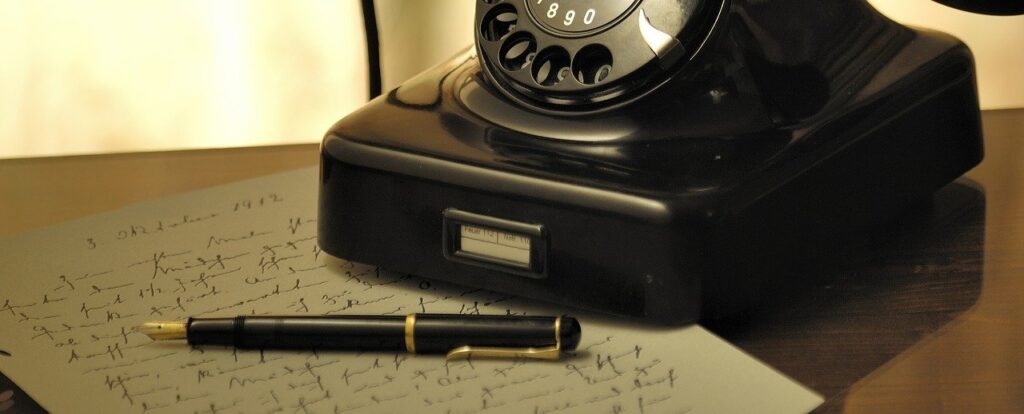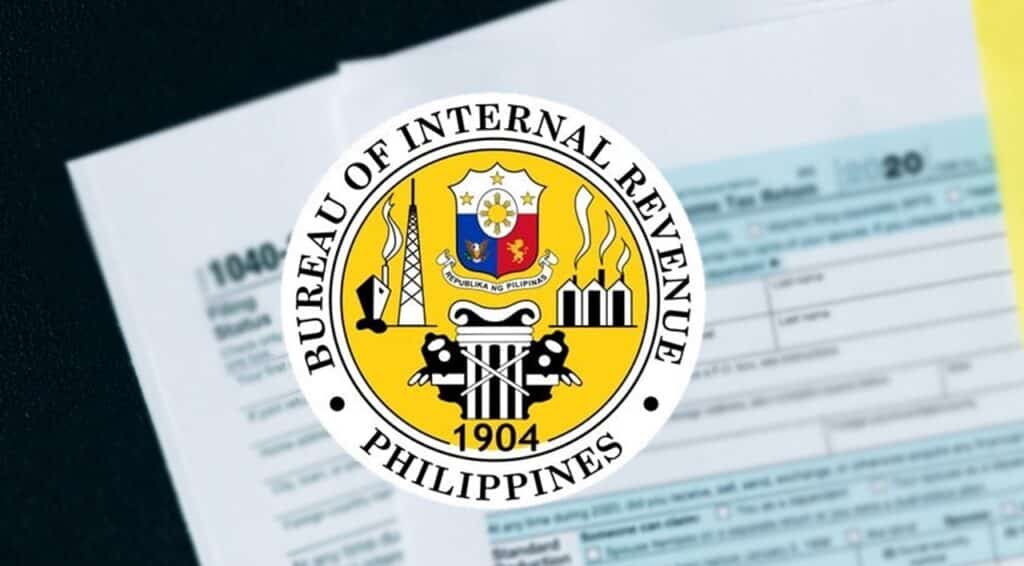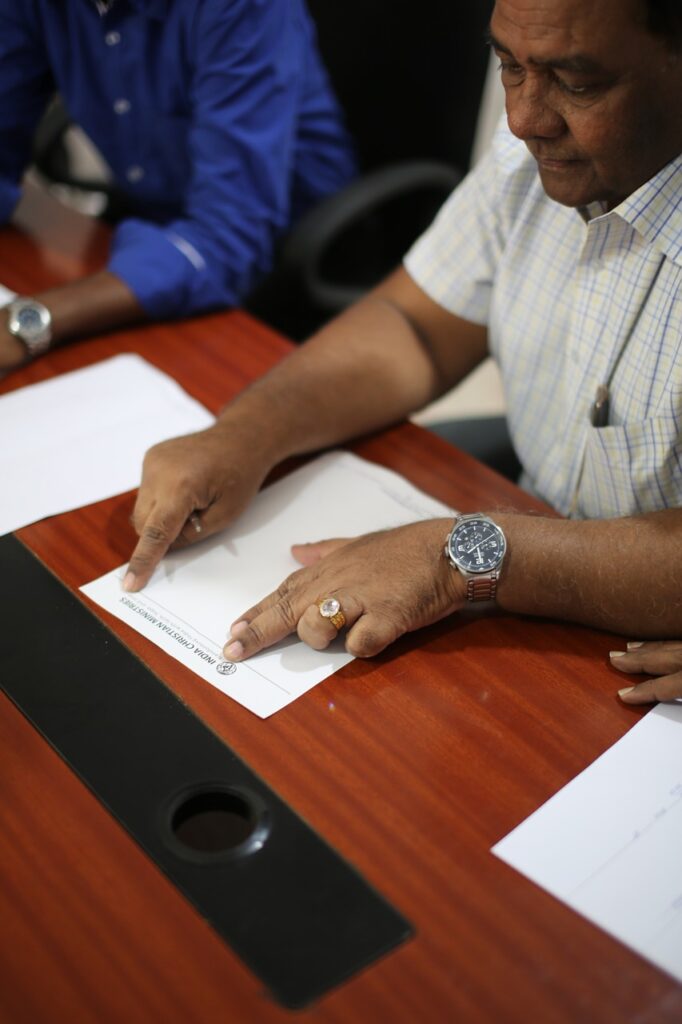How do you make a Last Will and Testament in the Philippines?

Writing a Last Will and Testament in the Philippines is not that easy
It is important to know how to make a Last Will and Testament, whether to choose a Notarial Will or a Holographic Will and how to undertake a Probate of Will.
You’ll need to make a Will especially if you want to leave any of your Estate to people who are not your Compulsory Heirs.
If you are a Filipino and you want to write a Will, you will need to follow Philippine Law so that the Will is valid (Probate of Will) and can be executed.
Below, we list considerations you need to take into account so that your Will can be put into effect by the courts.
We’ll discuss:
- What makes a Will valid
- The 2 forms of a Will such as the Notarial form and the Holographic Will
- The process of enforcing a Will through court (Probate of Will)
- And how to prove a Will belongs to a certain person.
Let’s jump right in.
Contents
- What is a Last Will and Testament?
- When is a Will not a Legal Will?
- How do you draft a Last Will and Testament in the Philippines?
- What are the formal requirements for a Will?
- How do you enforce a Will in the Philippines?
- Can you enforce a Will while the Testator is still alive?
- How do you prove that a document is someone’s Last Will and Testament?
What is a Last Will and Testament?

A Will must comply with Philippine legal requirements, whether it is a Notarial or Holographic Will
A Philippine Will is a legal document.
It permits a person to control the distribution of his Estate after his death in line with Philippine Law.
A Will is a physical document which must follow certain formalities.
A valid Philippine Will must always be in written form.
The Will must be either:
1) executed, signed, and sworn to by the Testator and three witnesses before a Notary (A Notarial Will); or
2) entirely handwritten, dated, and signed by the Testator (A Holographic Will).
When is a Will not a Legal Will?

In the Philippines, a valid Will is always a signed and Notarized document
Because a Philippine Will must always be in written form, other modes of expressing how one wants his Estate to be distributed are not considered Wills under Philippine Law.
A video recording of the deceased in which he narrates how he wants his property divided among his Heirs is not a Will.
A private letter written by the deceased to her children in which she merely suggests to them how to divide the Estate among themselves is not a Will.
These cannot be enforced as a Last Will and Testament in a Philippine Probate Court.
Note –
An Estate can still be divided among the Heirs if there is no Will. This is done through an Extrajudicial Settlement of the Estate, which is a legal document through which the Heirs unanimously agree how to divide the Estate

Extrajudicial Settlement cases are filed in the BIR upon payment of the Estate Tax.
[An Extrajudicial Settlement has the virtue of avoiding court costs, such as the significant filing fees for a Probate Case (which is about 2% of the estimated value of the Estate for large Estates) and the costs of trial itself. But it is completely dependent on the Heirs’ unanimous agreement as to the division of Property.
If the Heirs cannot unanimously agree with each other, then an Extrajudicial Settlement is not possible. Such an Estate cannot be settled without going to court, in which case a Will should have been made in any event.]
How do you draft a Last Will and Testament in the Philippines?

One must know the rules that govern Wills in the Philippines before drafting one
Drafting a Last Will and Testament in the Philippines must be done in accordance with Philippine Law.
The first requirement is that the Testator must be of sound mind when he makes the Will. He must know the Estate to be disposed of, to whom it is given, and he must be aware of what he is doing in making his Will.
The Will itself must respect certain limits because the freedom to dispose of one’s Estate is not absolute.
Philippine law reserves portions of the Estate for Compulsory Heirs such as children and a Legal Spouse.
These Compulsory Heirs cannot be excluded without cause.
Failing to provide their compulsory shares – known as Legitimes – can result in the entire Will being ruled invalid.
There are also formal requirements which must be complied with when drafting a valid Will.
Failure to follow these requirements can result in an invalid Will.
One should be aware of these legal restrictions and how to comply with them in order to ensure the document is deemed valid when it goes through Probate of Will after the persons death. Consulting with counsel is important for this and other aspects.
What are the formal requirements for a Will?

There are only two types of Wills in the Philippines: a Notarial Will and a Holographic Will
There are two different kinds of Wills 1) a Notarial Will; and 2) a Holographic Will. They each have their own, specific formal requirements.
Notarial Will
A Notarial Will is a notarized document.
It must be signed and sworn to by the Testator himself or signed for him by a person in his presence at his express direction, and also signed and sworn to by three or more credible Witnesses all in each other’s presence.
The three Witnesses should not be beneficiaries of the Will or, if they are, additional Witnesses must also duly witness the signing of the Will.
The Testator (or the person requested by him to write his name) and the Witnesses shall also sign each and every page of the Notarial Will in the left margin, except on the last page which will be signed at the end of the document. All pages should be numbered in letters placed on the upper part of each page (one, two, three etc.)

A Notarial Will has many formal requirements but has several advantages over a Holographic Will
The Attestation of this Notarized Will should state the number of pages of the Will. It should also state that the Testator signed every page, or caused another person to write his name, under his express direction, in the presence of the instrumental Witnesses, and that the latter Witnessed and signed all the pages in the presence of the Testator and of each other.
Holographic Will
A Holographic Will is a completely handwritten document.
It need not be Witnessed or Notarized.
It must be entirely written, dated, and signed by the hand of the Testator himself.
The Testator should sign at the bottom of the Holographic Will.
Any additional provisions written below his signature must be dated and signed by him to make them valid.

A Holographic Will, which is hand-written is more complicated than it seems
Any insertion, cancellation, erasure, or alteration in a Holographic Will must be authenticated by the Testator with his full signature.
A Holographic Will only requires the Testator to write it by hand rather than have the elaborate ritual of having it signed and Notarized with three competent Witnesses all in each other’s presence.
Since it does not require Witnesses, it also has the character of being entirely private, so that the Testator need not even disclose to anyone that he made it. Or inform them of its dispositions.
Still, it should be made with the advice of counsel because all Wills have to comply with the Laws of Succession such as those for Compulsory Heirs. This also ensures that the Holographic Will can be found after the Testator’s death.
How do you enforce a Will in the Philippines?

The Will must be Probated in court before it can be enforced
To enforce a Will in the Philippines a court case for Probate of Will is required to take place.
Probate of Will is required so that the Will can be used.
A Probate of Will proves to the court that the document is really the Last Will and Testament of the Testator.
A court case for the settlement of the Estate must be filed with the Regional Trial Court. Notice of the case must be sent to the Heirs and a trial is needed. Evidence must be presented and Witnesses called so that the court can admit the Will to Probate.
A Will that is not Probated has no effect and no property can be transferred under it. A Will must go through a Probate of Will Court Hearing
See other articles on Probate:
Can you enforce a Will while the Testator is still alive?

Proving a Last Will and Testament is easier when the Testator is alive and can act as a Witness
Yes, a Probate of Will can be done while the Testator is still alive. But, a Last Will and Testament cannot transfer Property until after the Testator’s death.
The Probate of Will case itself can be done while the Testator is still alive. It is recommended because it is easier to prove that these are the Testator’s final wishes since he is on hand to testify to it. It is much better and easier for all involved.
The person who created the Will can file in court and spare his Heirs the cost and difficulty of Probating a Will.
How do you prove that a document is someone’s Last Will and Testament?

It is best to consult with the right lawyer when you are planning to write or Probate a Will in the Philippines
During a Probate of Will court case the Will itself must be presented in court.
If it is a Notarial Will, the fact of its Notarization in the presence of Witnesses has to be proven in court.
At least one of the Witnesses named in the Will should testify to its authenticity and execution.
If it is a Holographic Will, at least one Witness must be present at the court case to testify that the handwriting and signature on the documents are those of the Testator. If the Will is contested, at least three of such Witnesses shall be required.
In the absence of any competent witness a handwriting expert’s testimony may be resorted to if the court deems it necessary.
It is helpful for Holographic Wills, that the testator plan for the Probate of Will by making sure to leave samples of his handwriting and signatures for comparison. It would also be helpful for him to video record himself with the handwritten Will declaring that it is indeed his free act.
As with the drafting of the Will itself, the advice of counsel is helpful in order to ensure that they are admissible in court.
If you need any assistance or wish to make an appointment regarding your Will or Probating a Will you can contact us here
Atty. Francesco C. Britanico, FCB Law Office
Lawyers In the Philippines
22 Comments
Trackbacks/Pingbacks
- Does an illegitimate child share in the inheritance from a legitimate grandparent? - Lawyers in the Philippines - […] An illegitimate grandchild cannot inherit from a legitimate grandparent unless specifically provided for in a last will and testament.…
- How to Write a Last Will and Testament in the Philippines – Grit PH - […] Compulsory heirs cannot be robbed of their right to inherit the transmissible rights and obligations, as well as the…






The land title is registered under the name of our father married to our mother, unfortunately, our mother died a year ago. Now, our Dad would like to prepare his last will and testament, will there be issues arising considering that the land is a conjugal property?
The testator is married but not legally separated and wants to give all assets/properties to another individual. What can the testator do to make the holographic will valid? Thank you
First consider that not all assets may be within the testator’s ownership. If married, half or so may be the spouse’s share of their conjugal property. This depends on how the assets were acquired.
Having said that, the spouse may be excluded from the testator’s estate if he or she is validly disinherited in the last will and testament.
If the Testator has no spouse and kids and refuse to give anything to their family members can he/she give 20% of his/hers to 5 people he/she desires even if they arent family and just friends?
Yes. A testator who has no compulsory heirs can generally dispose of the estate as he or she wishes.
can you make an extrajudicial settlement document before the owner/title holder dies?
No. Heirs cannot contract on future inheritance.
if the signatures are not authentic what happens?
if the signatures on acknowledgment of paternity is different from usual signature of my father
if the acknowledgment of paternity is blank what happens?
If the place of birth is different in NSO form and in PSA form, what happens.
If the person attending at the birth of child is different at the NSO form compared to PSA form, what happens?
All this would have to be addressed and either proved or contested in probate.
i find these information of great help and guide.
thank you Atty FB
I am a 2nd yr BS Criminology student and my grandmom wants me to be a lawyer 🙂
Good day! I just need advice on a family matter. My father and his 2 sisters inherited properties from their deceased parents altho there were no documents but rather only verbal instructions from my grandparents as to who gets what, and the siblings’ verbal agreement. Now there is a property in Malabon that is supposed to be split among the 3 siblings and is titled in the name of my grandparents, which is now being occupied by my father’s sisters’ families. There is also a property in Manila (about 180sqm) that is titled in the name of the youngest sister but in reality, about half of it was “sold” by my grandparents to my father but again, without any documents; the two sisters are aware of this sale and my father lives in the Tondo property. Now my father and his youngest sister have both agreed to exchange, that is, the youngest sister willingly gives the Tondo property titled in her name to my father in exchange of my father’s share in the Malabon property. In effect, my father would get the whole 180sqm in Tondo, and his youngest sister would get 2/3 of the Malabon property, leaving the 1/3 to the other sister’s family/children. All 3 siblings are now in their 70s and we just want this verbal agreement put in paper in case any of the parties pass on, as we cousins do not want any misunderstanding/disagreement. Can you please advise what we can do? Can the parties execute a written document just so the agreement is sure to be honored? Thank you very much.
The siblings should execute an extrajudicial settlement resolving these terms.
What would happen to a notarial will, made some years ago, if the notaries and witnesses are no longer living or otherwise unavailable? My concern is that my lawyer is much older than myself and that his one-man law company may no longer exist upon my death.
You can consider probating that will in court now while you and they are still living. The law allows the probate of a living person’s will.
the properties stated in the will should be legally owned by the testator? how about future properties like acquired after the testator made his will?
This depends on the intention of the testator in the wording of the will.
If the testator has never been married and without any children can he/she give 100% of his/her property to anybody he/she desires? Both parents are already dead but with siblings.
Yes.
What if the signature was put at the side of the paper instead of the bottom? Will it make the will invalid in any case?
It might not.
Is the will valid if the testator only wants one of his children to inherit his property. He has 7 legitimate children. Thank you!
There would have to be a valid reason for disinheriting the other children.